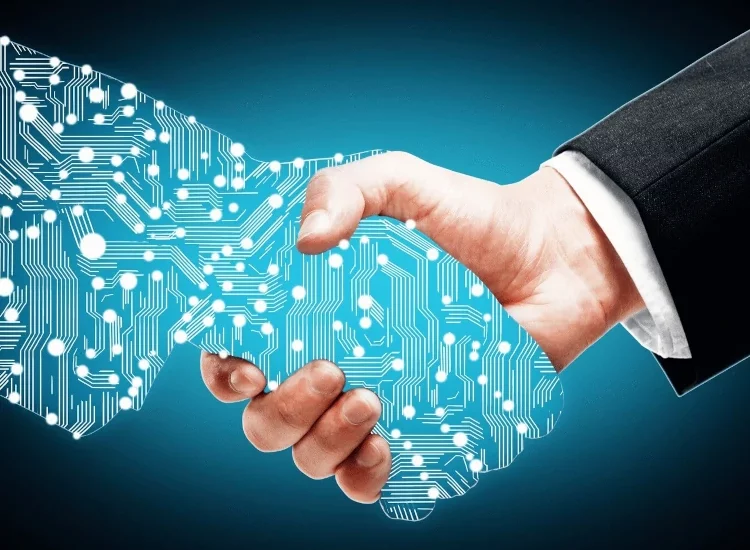Smart Contracts, a groundbreaking concept in the blockchain world, are poised to transform digital agreements. Essentially, they are self-executing contracts where the terms are directly written into code. This article unravels the working, benefits, and potential of smart contracts in our digital future.
How Do Smart Contracts Work?
A smart contract operates on blockchain technology. It contains a set of rules, and when these rules are met, the contract automatically executes itself. Moreover, there’s no need for an intermediary, which greatly increases the speed and efficiency of transactions.
For instance, in a smart contract for property sale, once the buyer transfers the agreed amount to the blockchain network, the property ownership would automatically transfer to the buyer.
Since smart contracts exist on a decentralized network, they’re resistant to censorship, downtime, fraud, or third-party interference.
Benefits of Digital Contracts
Smart contracts offer numerous benefits over traditional contracts.
- Speed and Efficiency: Smart contracts eliminate the need for paperwork and manual processing, greatly speeding up business operations.
- Trust and Transparency: All transactions are recorded on the blockchain, ensuring transparency and trust among parties.
- Security: Blockchain’s cryptography provides high levels of security, making it virtually impossible to hack a smart contract.
- Cost-Effective: Smart contracts remove intermediaries, which reduces costs associated with their services.
- Accuracy: Smart contracts are automated and error-free, eliminating the human errors common in manually filled forms.
Real-world Applications of Smart Contracts
Smart contracts have a wide range of applications across various sectors.
Finance: Smart contracts can automate payments upon meeting agreed conditions. This could streamline processes in banking, insurance, and real estate.
Supply Chain Management: By tracking a product from its origin, smart contracts can improve transparency and efficiency.
Voting Systems: Smart contracts can be used to create tamper-proof voting systems, ensuring transparency and reducing electoral fraud.
Healthcare: Patient data can be securely stored and automatically shared with authorized healthcare providers.
The Future of Digital Contracts
Smart contracts are paving the way for an entirely new system of commerce. Moreover, as they become more mainstream, we can expect significant transformations across industries.
However, there are challenges to overcome. Legal recognition of smart contracts, scalability issues, and the need for off-chain data sources (known as oracles) are some of the key hurdles.
Moreover, while smart contracts are highly secure, coding errors can lead to vulnerabilities, as seen in the infamous DAO hack. Therefore, robust programming and thorough testing of smart contracts are crucial.
In conclusion, smart contracts, while still in their early stages, hold immense potential. Moreover, they could become the standard for digital agreements, revolutionizing how transactions and agreements are carried out. As we progress into a more digital future, understanding the working, benefits, and potential of smart contracts becomes ever more important.
